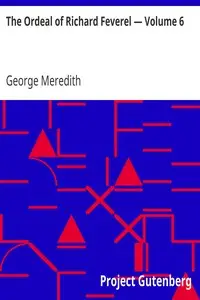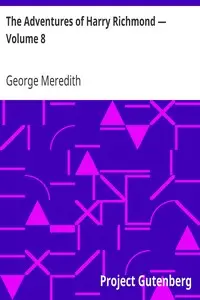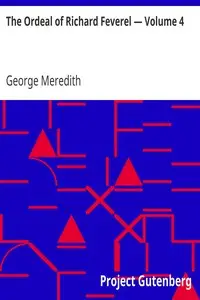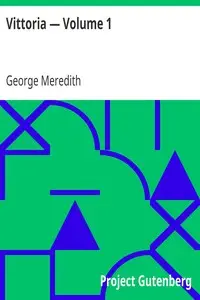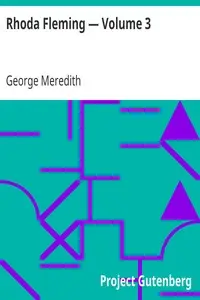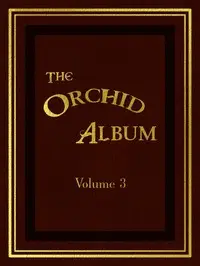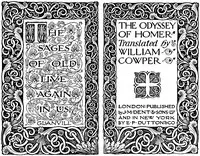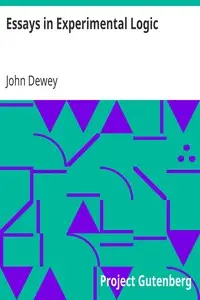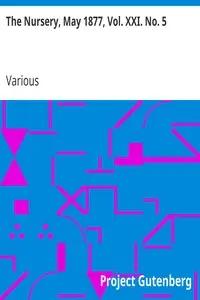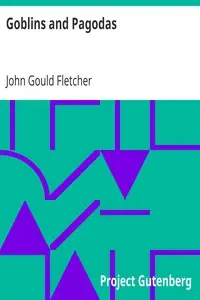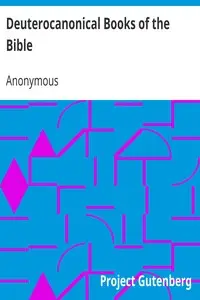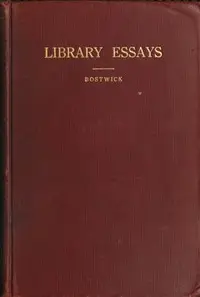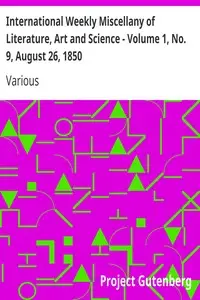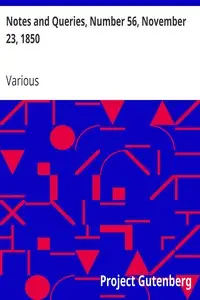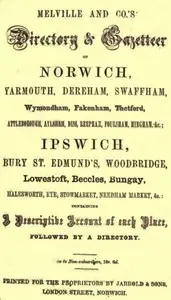"Quotations from the Project Gutenberg Editions of the Collected Works of George Meredith" is a curated anthology of notable passages from the works of George Meredith, likely compiled during the early 21st century as part of Project Gutenberg’s digital efforts to preserve and disseminate classic literature. The collection highlights Meredith's insights into human experiences, relationships, and societal observations, providing readers with a glimpse into his complex themes and stylistic prowess. The opening of this compilation features a brief editorial note, inviting readers to explore the various titles by Meredith and encouraging them to suggest favorite quotations. It showcases selections from several of Meredith's most significant works, including "The Shaving of Shagpat," "Ordeal Richard Feverel," "Sandra Belloni," and "Rhoda Fleming," among others. Each excerpt presents profound reflections, capturing the essence of Meredith's literary style, which often intertwines wit, wisdom, and commentary on the human condition. This introduction effectively sets the tone for readers to appreciate the depth of Meredith’s writing throughout this expansive collection. (This is an automatically generated summary.)
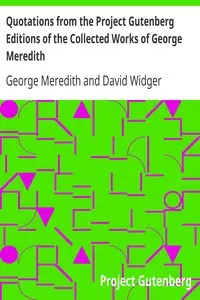
Quotations from the Project Gutenberg Editions of the Collected Works of George Meredith
By George Meredith
"Quotations from the Project Gutenberg Editions of the Collected Works of George Meredith" is a curated anthology of notable passages from the works o...
George Meredith was an English novelist and poet of the Victorian era. At first, his focus was poetry, influenced by John Keats among others, but Meredith gradually established a reputation as a novelist. The Ordeal of Richard Feverel (1859) briefly scandalised Victorian literary circles. Of his later novels, the most enduring is The Egoist (1879), though in his lifetime his greatest success was Diana of the Crossways (1885). His novels were innovative in their attention to characters' psychology, and also portrayed social change. His style, in both poetry and prose, was noted for its syntactic complexity; Oscar Wilde likened it to "chaos illumined by brilliant flashes of lightning". Meredith was an encourager of other novelists, as well as an influence on them; among those to benefit were Robert Louis Stevenson and George Gissing. Meredith was nominated for the Nobel Prize in Literature seven times.


